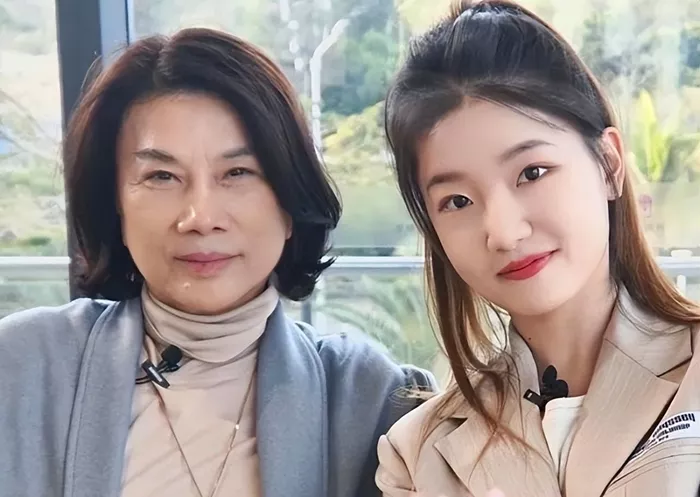A few days ago, a respected senior in my group suggested, “You should write about Dong Mingzhu and Meng Yutong.” Initially hesitant due to the topic’s media saturation, I reconsidered after examining their backgrounds, personalities, and Gree’s financial reports from the past five years. This analysis reveals deeper issues of organizational mismatch and generational divide beneath the surface drama.
Dong Mingzhu: The Iron Lady of China’s Economic Reform Era
Dong Mingzhu’s life story reads like a corporate legend from China’s 40-year reform period. Widowed at 30, she entered the industry at 36 as a grassroots salesperson, achieving remarkable sales figures that propelled her to Gree’s chairmanship. Under her leadership, Gree grew from a small factory to a Global 500 company with 28 consecutive years of global air conditioning dominance.
However, Gree’s recent financial data tells a different story. The 2020 annual report showed revenues of 168.2 billion yuan (down 15.1% YoY) and net profits of 22.2 billion yuan (down 10.2% YoY), with air conditioning revenues halved during the pandemic. With market saturation and price wars, Gree’s traditional distributor system is being replaced by direct sales models like “Dong Mingzhu Healthy Home,” yet transformation faces significant challenges.
The Strategic Miscalculation
From a strategic perspective, Dong needed someone like Meng – young, expressive, and internet-savvy – to help Gree connect with younger consumers through livestreams and short videos. However, the role was fundamentally misdefined. Positioned as a “president’s secretary” rather than a brand ambassador or corporate IP, the position came with traditional corporate compensation (5-10k monthly) far below internet company standards (Alibaba P5: ~21k, Tencent Level 5: ~18k, ByteDance T2.1: ~24k).
While publicly framed as succession planning, the role lacked clear performance metrics, boundaries, and growth paths. All responsibilities without corresponding authority or resources created an untenable situation.
A Collision of Two Universes
Their backgrounds guaranteed cultural mismatch. Born in 1954 during material scarcity, Dong built her career through military-style management, valuing obedience and endurance. Meng, born in 1998 to middle-class parents, graduated from Zhejiang University with a degree in Western Languages, representing a generation that expects rapid returns and self-expression.
This was essentially a “grade-schooler in graduate courses” scenario – Gree’s transformation hopes rested on a recent graduate without experience or support systems, while traditional corporate culture clashed with internet-speed expectations.
The Missed Opportunity – Or Was It?
Did Meng squander a golden opportunity? The answer is both yes and no. She gained rare proximity to one of China’s most formidable businesswomen – potentially invaluable for someone aligned with Gree’s direction. However, her personal ambitions clearly diverged from Gree’s path, making this more of a mutual trial period that revealed fundamental incompatibility.
The Heart of the Misunderstanding
The core issue lies in role expectation mismatch. Dong didn’t need a “pretty, smart girl marching to her own beat,” but rather someone who could bridge her vision with internet-era execution – resilient yet adaptable, respectful yet independent. Such talent is exceptionally rare.
The Broader Implications
This episode reflects the universal challenge traditional companies face in digital transformation: how to integrate “internet celebrity + brand building + millennial talent” without organizational whiplash. True compatibility requires more than complementary skills – it demands aligned values, compatible rhythms, and mutual growth without mutual consumption.
Related topics:


